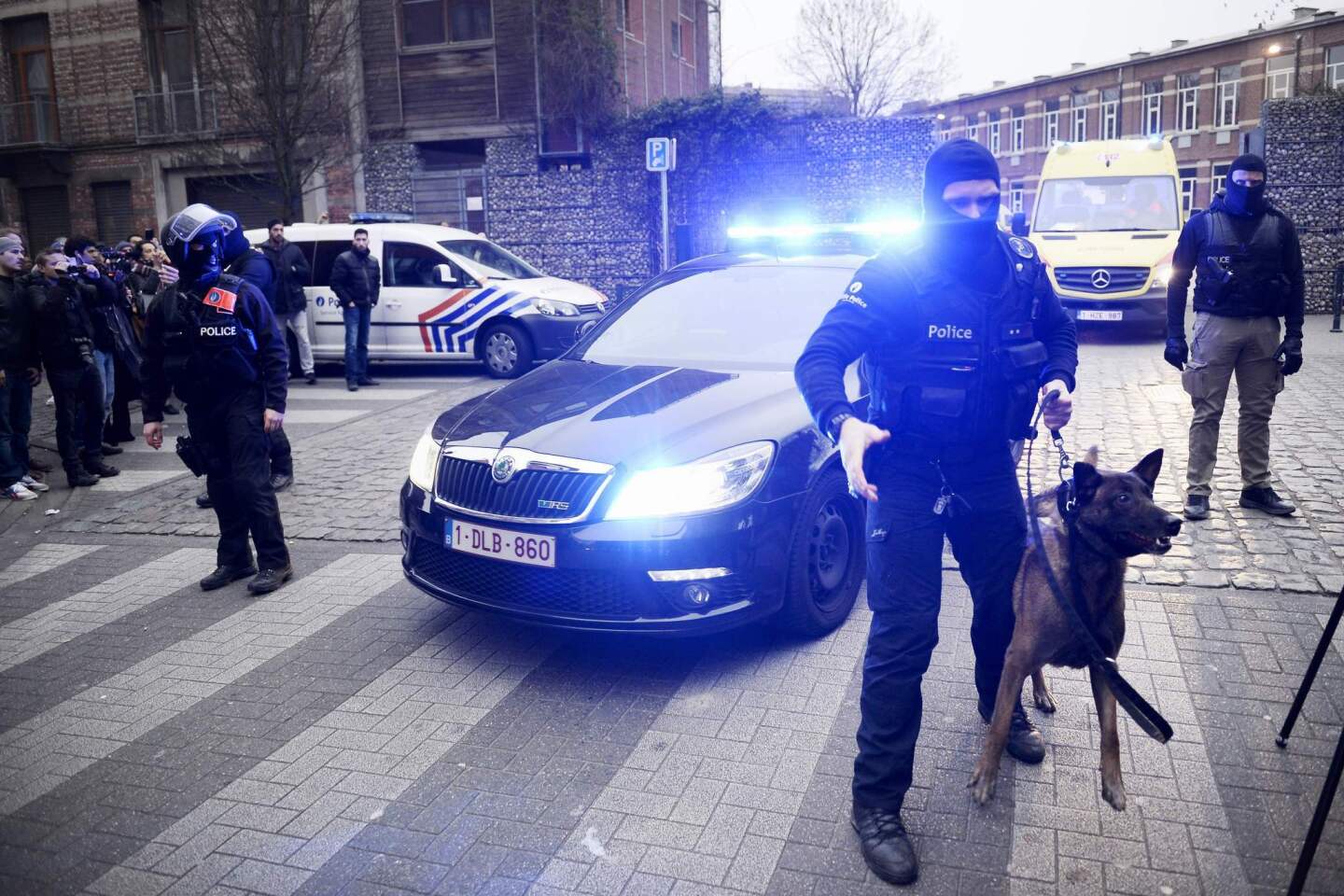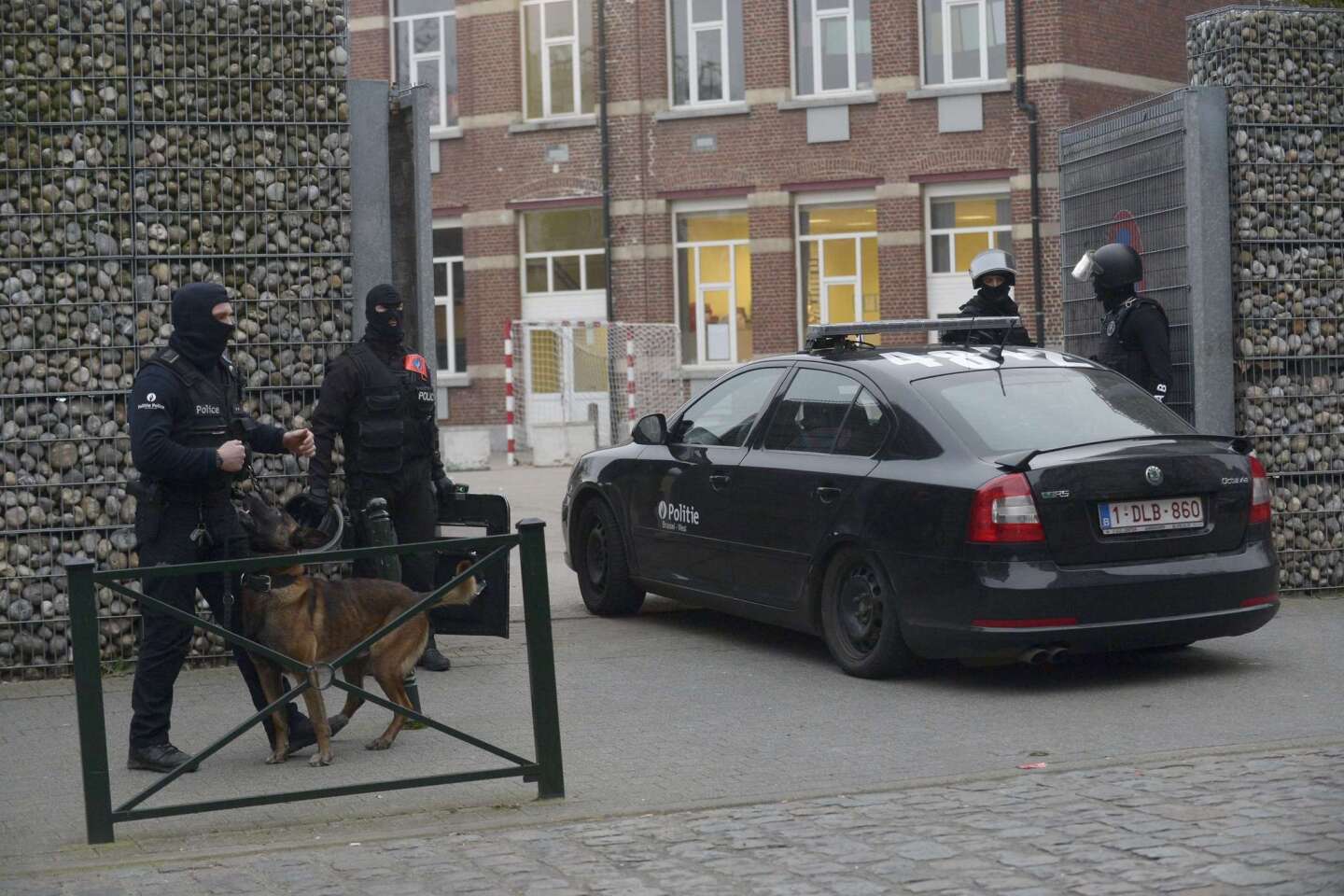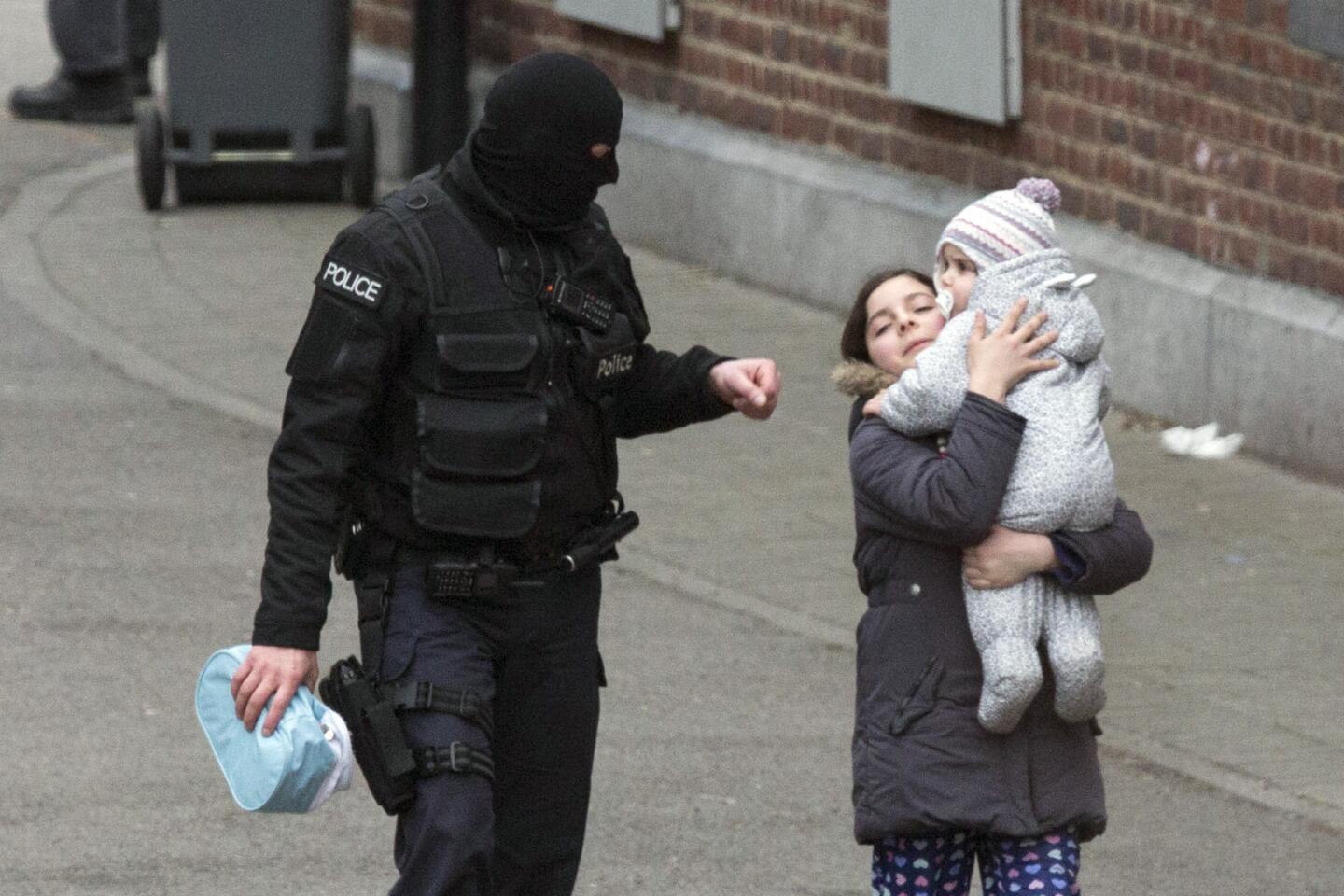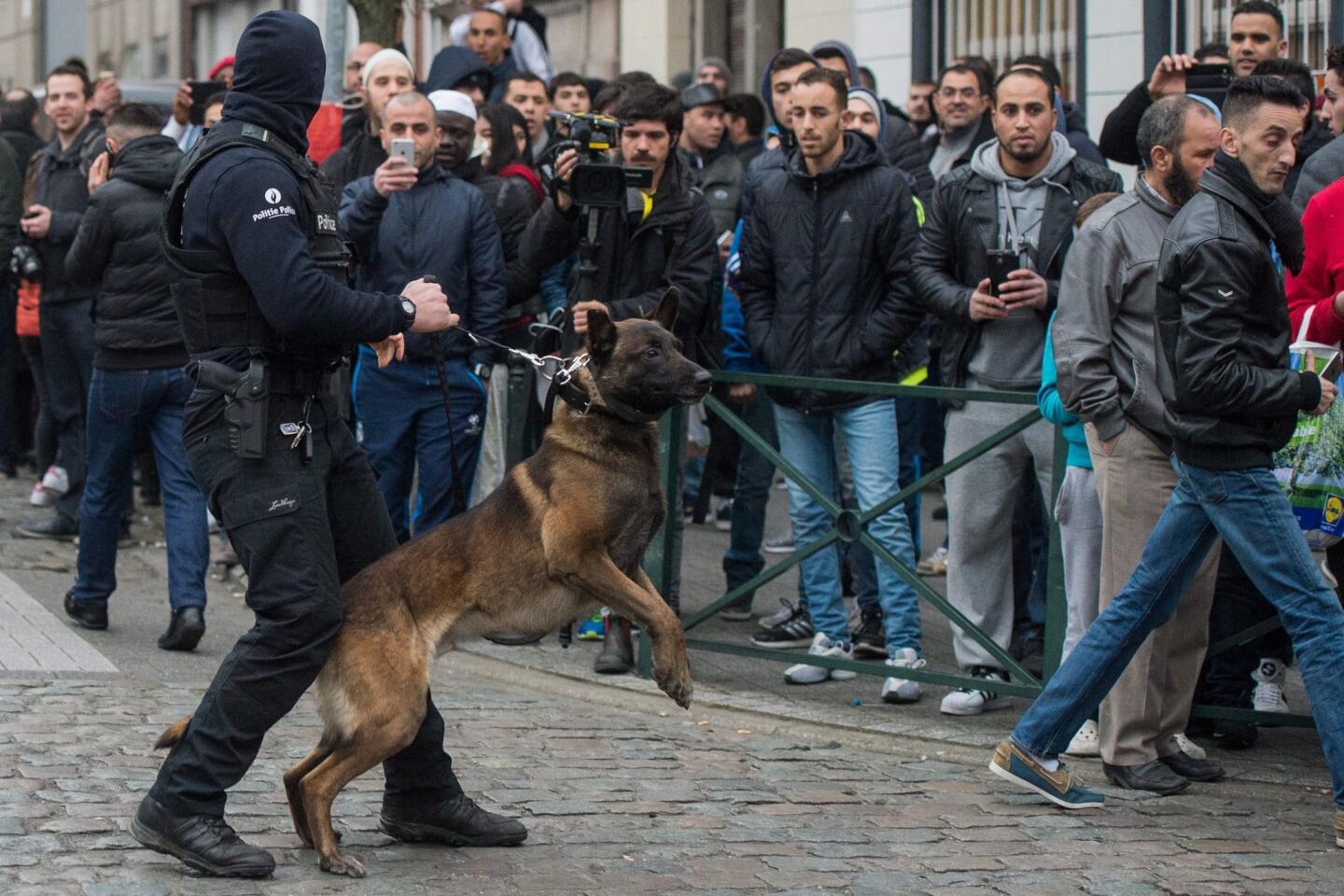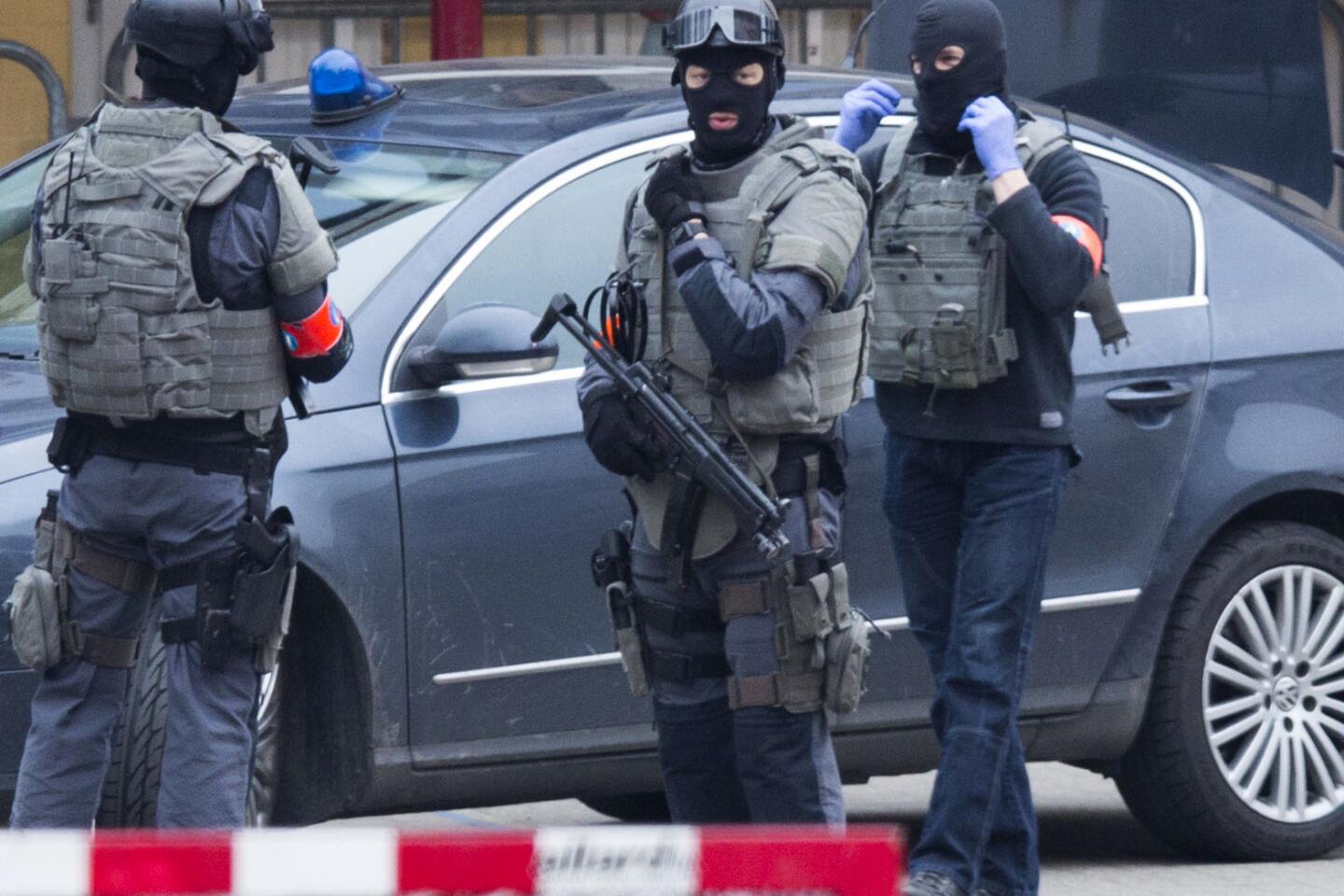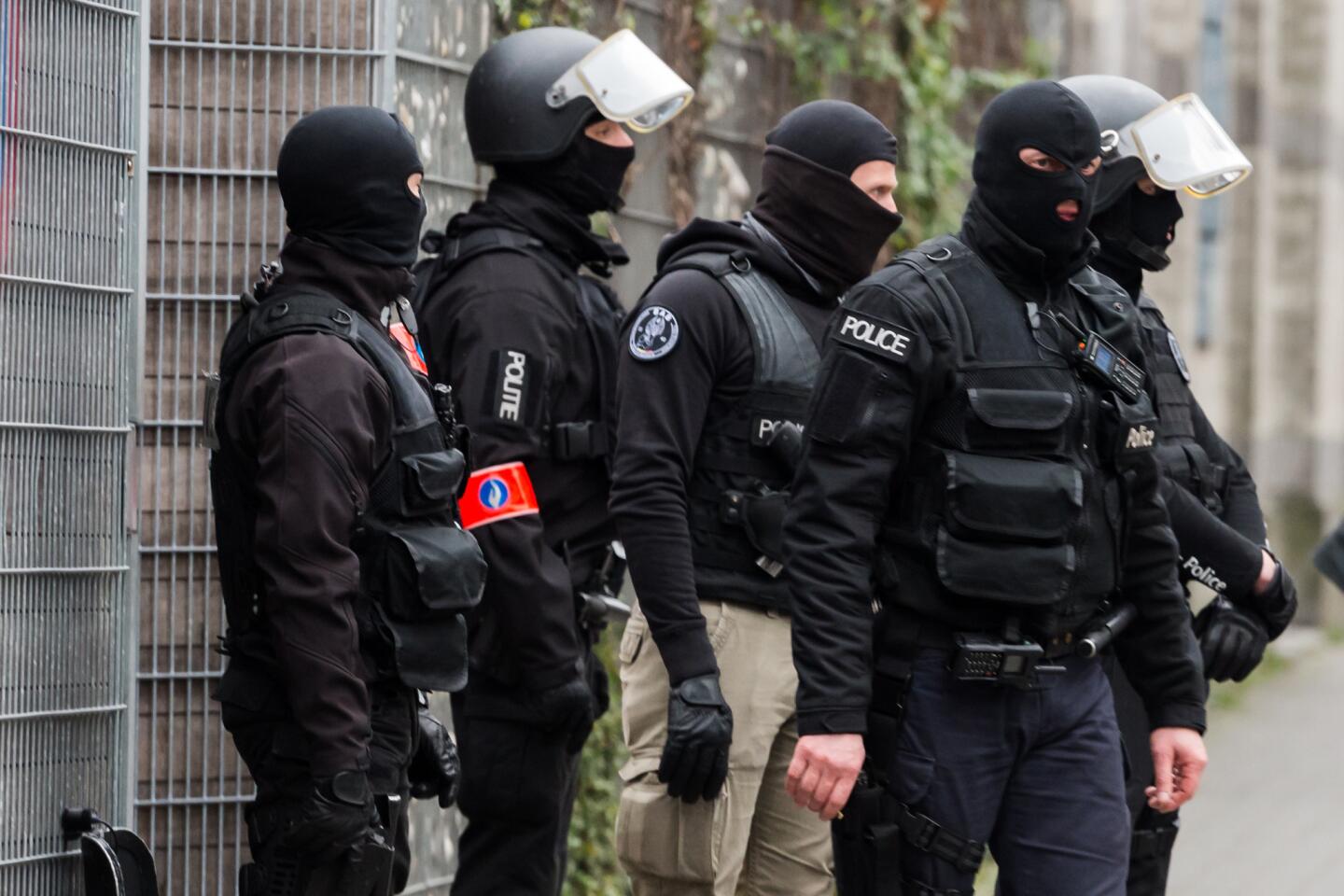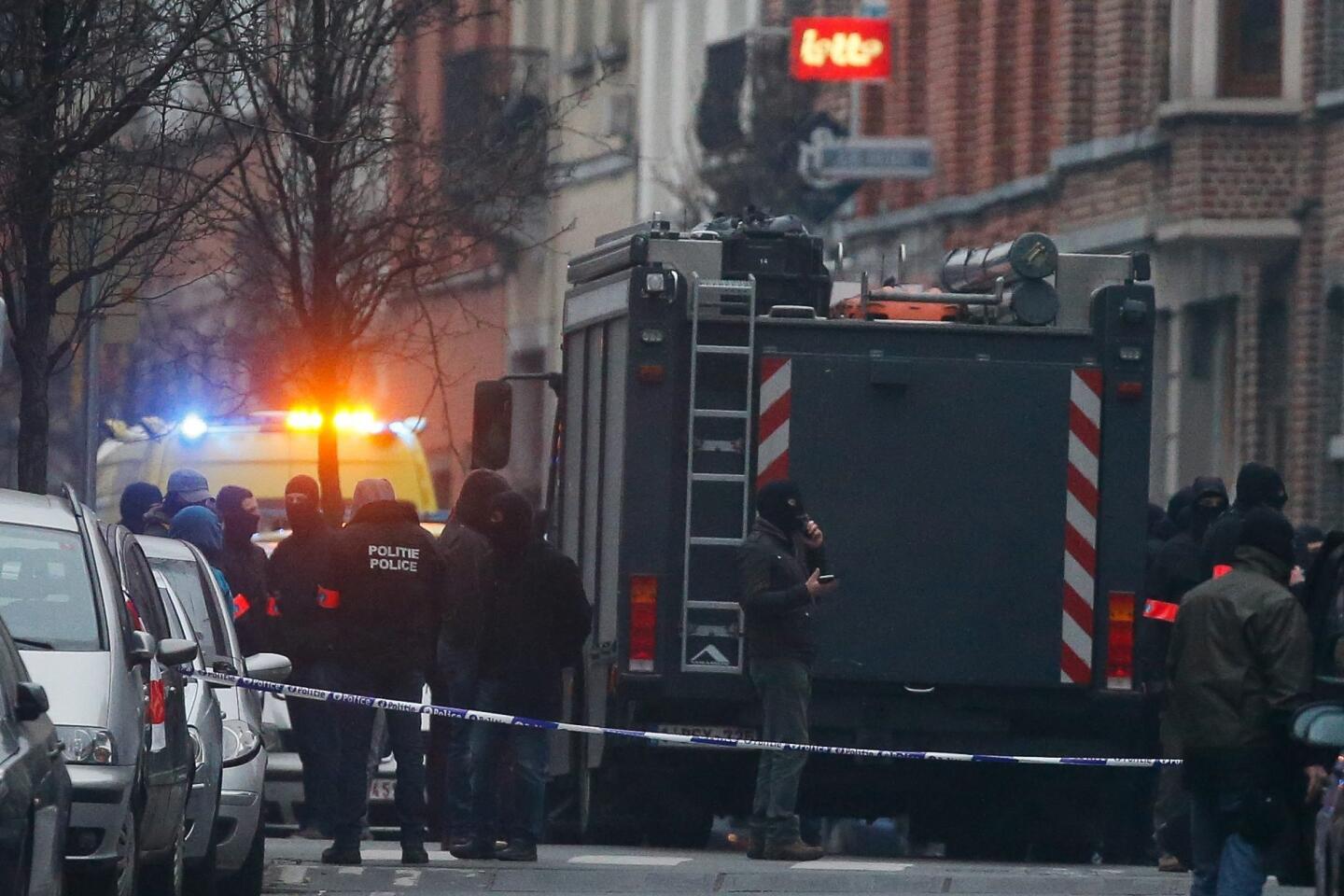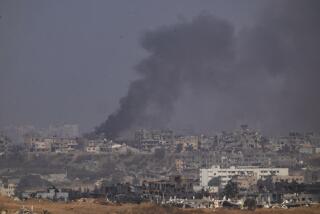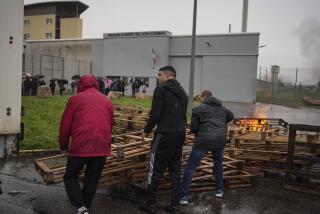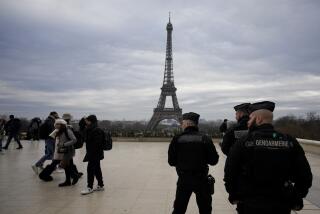What we know so far about the fugitive Paris terror suspects
Authorities are searching for 24-year-old Najim Laachraoui, who they believe was an accomplice in the Paris terror attacks, Belgian prosecutors announced Monday.
Laachraoui’s DNA was found in houses used by the alleged attackers in the Brussels neighborhoods of Auvelais and Schaerbeek, the prosecutor’s office said in a statement. Investigators believe he helped Salah Abdeslam organize the attacks, going by the alias Soufiane Kayal as he did so.
A third man, Mohamed Abrini, is also on the run and wanted in connection with the Paris attacks. Monir Ahmed Alaaj, who was arrested Friday during the raid that captured Abdeslam, has also been charged with terrorism-related offenses, prosecutors said.
Here’s what we know about them so far:
Laachraoui went to Syria in February 2013 and was on a list authorities had of Belgian citizens who had traveled there.
In September, he journeyed to the Hungarian capital, Budapest, twice.
On one occasion he was driving a Mercedes rental car and passed through a border checkpoint at the Hungarian-Austrian border using fake Belgian ID cards with the name Soufiane Kayal.
He was accompanied by two men. One of them was Salah Abdeslam, who was arrested Friday and is believed to have been a key member of the team that orchestrated the November attacks that left 130 dead.
The other man was carrying forged documents that identified him as Samir Bouzid. Authorities believe he may have been Mohamed Belkaid, who was shot dead by a police sniper during a raid on March 15 that ultimately led to the arrest of Abdeslam only a few days later.
Laachraoui also rented a house in the Belgian town of Auvelais which may have been used as a safe house by the alleged terrorists. Police searched the house on Nov. 26.
Abdeslam, a 26-year-old French national who grew up in Belgium, was shot in the leg during the raid that led to his arrest and is now being held in isolation in a Belgian jail. He has been charged with terrorist offenses.
He told police that he was supposed to blow himself up at the Stade de France on the night of Nov. 13, but backed out at the last minute.
Abdeslam has been on the run for four months and was ultimately found several hundred feet from his childhood home.
His lawyer, Sven Mary, has threatened to sue the French prosecutor over the release of the details of his police interview but on Monday. Molins said that he felt “very serene” in relation to the complaint.
French authorities have come under pressure to explain why it took so long to arrest Abdeslam, and French President Francois Hollande was meeting with relatives of the victims on Monday afternoon.
Footage shows him at a gas station with Mohamed Abrini two days before the attacks in Paris that killed and injured people at cafes, a concert and near the Stade de France stadium.
The pair were captured as they stopped at a gas station on the motorway leading into Paris. They were driving a black Renault Clio, the same car that was used in the attacks.
Abrini is believed to be in his late 20s or early 30s. He grew up in the Brussels neighborhood of Molenbeek — the same neighborhood that Abdeslam, his brother Brahim, and Abdelhamid Abaaoud, the suspected mastermind of the attacks, are from.
Brahim Abdeslam died on the night of the attacks, when he detonated a suicide vest outside a restaurant in Paris. Abaaoud, a childhood friend of the Abdeslam brothers, was killed in a November police raid.
Monir Ahmed Alaaj, who was arrested Friday along with Abdeslam, was on a wanted list, prosecutors said.
He is believed to have used the pseudonym Amine Choukri.
A fake Syrian passport using the name Alaaj and forged Belgian ID using the name Choukri were found in an apartment that was raised by police three days before Abdeslam’s arrest, officials said.
He traveled to Germany in October with Abdeslam and his fingerprints were taken at a routine identity check.
French prosecutor François Molins said he was “optimistic” he could get Abdeslam extradited to France to face charges but warned it could take up to three months.
Investigators are still far from understanding everything about the Paris attacks, Belgian prosecutor Frederic Van Leeuw said at a press conference Monday. “We have quite a few pieces of the jigsaw and recently we have been able to slot some of them in place, but we are still far from finishing it,” he said.
More to Read
Sign up for Essential California
The most important California stories and recommendations in your inbox every morning.
You may occasionally receive promotional content from the Los Angeles Times.
